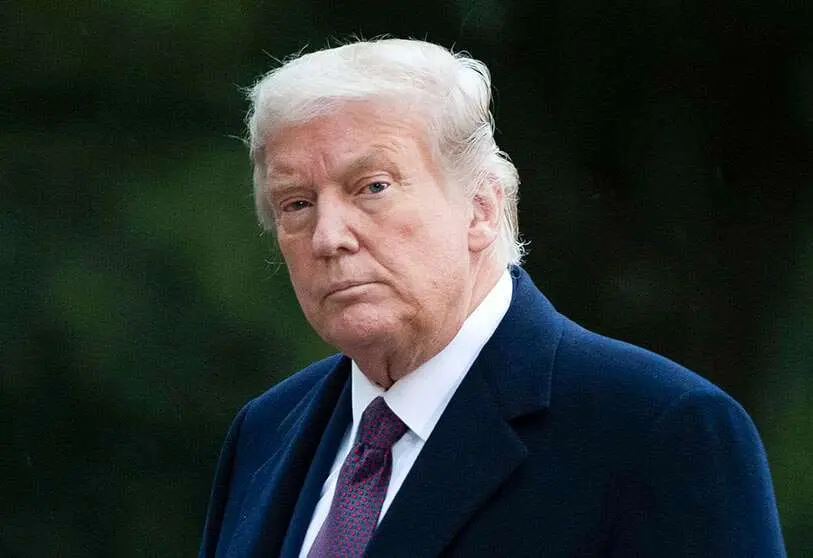Immigration Policy: Immigration Nation

Our previous incursion into immigration issues in the United States (You may say I'm a dreamer) was closed with a reference to the Supreme Court ruling (made public on June 18, just before the summer) which rejected the Trump Administration's arguments on the illegality of the DACA programme, launched by President Obama in June 2012, thus guaranteeing its validity.
Just one week later, on June 25, the same court ruled that people who apply for asylum in the United States and have their application rejected have no option to appeal to the federal courts. The ruling in this case was an endorsement of President Trump's immigration policy, reinforcing the process known as expedited removal, which aims to facilitate the expulsion of migrants who enter the United States undocumented.
Also last summer, the new North American Free Trade Agreement (T-MEC), which was created last year, came into force, the signing of which was conditioned on the Mexican government of López Obrador acting as a country of containment for Central American migrants in transit to its northern neighbour. The indirect consequences of this trade agreement are evident in migration policies: Mexico has gone from opening its doors to thousands of Central American migrants at the beginning of 2019 to carrying out mass deportations (an estimated 124,000 migrants have been deported between May 2019 and May 2020); to reinforcing its southern border with the military, and to temporarily collecting migrants returned by the United States while they await the resolution of their asylum claims.
This last action, officially called the Migrant Protection Protocols (and colloquially known as "Stay in Mexico"), was launched in January 2019 and during its first year of validity has affected some 60,000 people.

The documentary series Immigration Nation, released on the Netflix platform in early August, will surely provide us with a good insight into the consequences of the migration policies promoted by President Trump during his term in office. The authors, Christina Clusiau and Shaul Schwarz, signed a contract in 2017 with ICE (Immigration and Customs Enforcement's), the United States' immigration police, to continue with their cameras on the agents' daily lives.
Shortly after becoming president, and in order to tighten his immigration policy, Mr. Trump reinforced the tasks of ICE, an agency created in 2003 with the mission of detaining undocumented immigrants with criminal records, extending its scope to the detention of any immigrant without legal documentation.
Immigration Nation is characterized by its intentional truthfulness and high verifiability. The elements of fiction in it are those inherent to the use of the audiovisual language in which it is codified. The six episodes show how ICE works in the Trump era.
The testimonies and reflections of the agents on their work - their decisions, justifications, doubts and contradictions - are juxtaposed with the stories of the migrants, stories with names and surnames, which place the spectator in front of the complex living conditions of the undocumented migrants, who in most cases are condemned to deportation: These are the stories of those who are arrested as soon as they cross the border, and who see their risky journey, in which they have placed so much hope, quickly come to nothing; or those who have been working in the United States for years, and who are forced by the application of new rules to leave the country, without taking into account the path they have followed in their years of residence, the integration of their families or the roots of their children, who in many cases have not even known the country their parents came from.
The news and editorials published in the last days of the summer are mostly geared, almost inevitably, to the November presidential elections. There is some expectation to know in detail Joe Biden's and Kamala Harris' proposals regarding the countries of Central and South America. Among them are those relating to immigration policy, in which a Democratic victory would suggest a change of direction from Trump's extreme proposals, returning to a situation closer to that proposed by President Obama.

